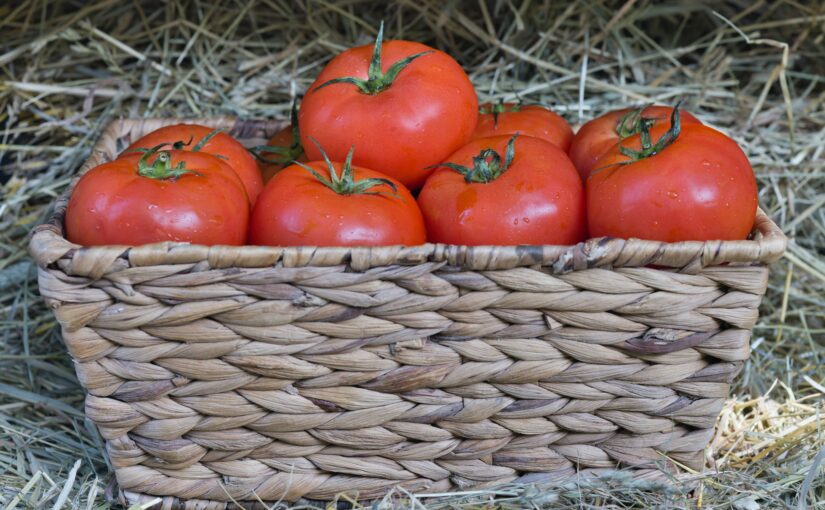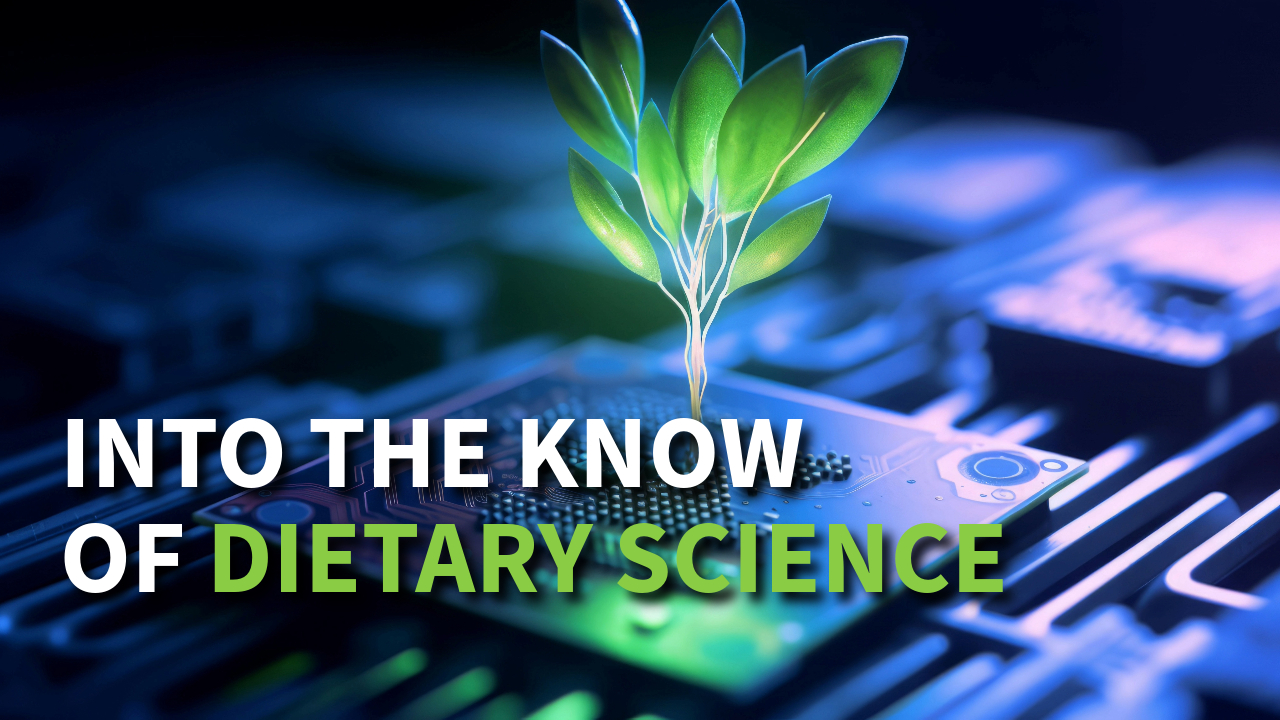
As the summer sunshine is upon us and we embrace the joys of summertime, in this blog, we are going to dive into the fascinating world science and healthy foods that can protect our skin from the harmful effects of UV radiation. The human process of repairing and safeguarding against UV damage is known as “UV-induced DNA damage response” or “UV-DNA damage response.” Today, we will explore the power of nature in enhancing our sun protection and keeping our skin healthy, radiant, and protected.
Disclaimer: The information provided in this blog is for educational purposes only and is not medical advice. Consult with a healthcare professional for personalized guidance regarding your specific needs and conditions.
Before we delve into the specific foods and plants that boost the UV-DNA damage response, let’s understand the role of melanocytes in this process. Melanocytes are the cells in our skin responsible for producing melanin, the pigment that gives our skin its color. When exposed to UV radiation, melanocytes release more melanin to protect the skin by absorbing and dissipating the harmful UV rays. This increased melanin production is what we commonly refer to as a suntan.
Now, let’s explore the holistic foods and plants that can enhance the UV-DNA damage response and provide natural sun protection. Remember, these recommendations are for educational purposes and not medical advice. It’s always important to consult with a healthcare professional for personalized guidance.
- Cooked Tomatoes: Tomatoes are not only delicious but also packed with beneficial compounds. One such compound is lycopene, an antioxidant that gives tomatoes their red color. Lycopene has been found to have protective effects against UV radiation. Interestingly, cooking tomatoes with cold-pressed olive oil can enhance the bioavailability of lycopene. The heat from cooking and the presence of healthy fats in olive oil make lycopene more easily absorbed by the body, maximizing its benefits. So, next time you’re sautéing tomatoes, consider incorporating some cold-pressed olive oil for an extra boost of lycopene. A study published on PubMed found that consuming cooked tomatoes increased the absorption of lycopene.
- Green Tea: Green tea is a popular beverage known for its health benefits. It is rich in polyphenols, which are plant compounds with antioxidant and anti-inflammatory properties. Studies have suggested that green tea consumption may help reduce UV-induced DNA damage and provide protection against skin aging. To enjoy the benefits of green tea, brew a cup and let it cool down. You can even refrigerate it and have it as a chilled drink on a hot summer day. Not only will you quench your thirst, but you’ll also be giving your body a dose of antioxidants that can support your skin health. A review of studies published in the Journal of the American Academy of Dermatology found that green tea polyphenols can reduce photodamage and improve skin elasticity.
- Citrus Fruits: When it comes to citrus fruits like oranges, lemons, and grapefruits, one standout nutrient is vitamin C. These fruits are excellent sources of vitamin C, known for its antioxidant properties. Vitamin C helps neutralize the free radicals generated by UV radiation, which reduces oxidative stress on the skin. The best way to incorporate citrus fruits into your routine is by enjoying them fresh as a snack or preparing a refreshing fruit salad. The juicy goodness of citrus fruits not only satisfies your taste buds but also provides your skin with a boost of protective antioxidants. A study published in the Indian Dermatology Online Journal found that vitamin C in citrus fruits can protect against UV-induced DNA damage in human skin cells.
- Leafy Greens: Leafy greens such as spinach and kale are nutritional powerhouses. They contain a variety of beneficial compounds, including vitamins C and E, beta-carotene, and lutein. These antioxidants play a crucial role in protecting the skin from UV-induced damage and supporting overall skin health. To incorporate leafy greens into your diet, consider adding them to salads for a nutrient-packed meal or lightly sautéing them as a nourishing side dish. By including leafy greens in your meals, you’ll be providing your skin with a range of antioxidants that can help maintain its health and vitality. A study published on PubMed found that the antioxidants in leafy greens can protect against UV-induced skin cell damage.
- Berries: Berries like blueberries, strawberries, and raspberries not only taste delightful but also offer a wealth of antioxidants called anthocyanins. These compounds have been shown to have photoprotective effects, reducing the harmful impact of UV radiation on the skin. Whether you enjoy them as a snack or add them to smoothies, berries provide a delicious way to fortify your body with antioxidants. So, reach for a handful of berries whenever you need a healthy and tasty treat. A study published in ACS Publications found that the anthocyanins in berries can provide photoprotective effects against UV radiation.
- Carrots: Carrots are not only known for their vibrant color and crunchy texture but also for their high beta-carotene content. Beta-carotene is a precursor of vitamin A and acts as a natural sun protectant. It helps repair damaged skin cells and supports overall skin health. To incorporate carrots into your diet, you can enjoy them in salads, soups, or simply as a crunchy snack. By including carrots in your meals, you’ll be providing your skin with the building blocks it needs to maintain its health and resilience. A study published in PubMed found that beta-carotene in carrots can protect against UV radiation-induced oxidative damage in skin cells.
- Almonds: Almonds are not only a delicious snack but also a good source of vitamin E, a powerful antioxidant that plays a role in protecting the skin from UV-induced damage. Snacking on a handful of almonds or sprinkling them on salads can provide your body with a healthy dose of vitamin E. These crunchy nuts are not only satisfying but also contribute to the overall health and appearance of your skin. A study published in the Journal of Nutrition found that almonds are a rich source of vitamin E and can protect against lipid peroxidation induced by UV radiation.
- Turmeric: Turmeric is a vibrant spice commonly used in cooking, and it contains a compound called curcumin. Curcumin exhibits antioxidant and anti-inflammatory properties and has been found to protect the skin against UV radiation-induced damage. Incorporating turmeric into your cooking can add both flavor and potential skin benefits to your meals. You can also try a golden milk latte, which combines turmeric with other ingredients like milk and spices, for a soothing and beneficial beverage. A study published in the PubMed found that curcumin in turmeric can protect against UV-induced skin damage and inflammation.
- Avocado: Avocados are known for their creamy texture and are a great source of healthy fats, vitamin E, and antioxidants. These nutrients help nourish and protect the skin from UV damage, promoting a healthy and youthful appearance. Avocado can be enjoyed sliced on toast, added to salads, or blended into a creamy smoothie. So, the next time you’re looking for a nutritious and skin-friendly ingredient, reach for an avocado. A study published in PubMed found that avocados and/or cold pressed avocado oil can improve skin barrier function and protect against UVB-induced skin damage.
- Dark Chocolate: Dark chocolate lovers can rejoice because this treat may have some benefits for the skin. Dark chocolate, particularly with a high cocoa content, contains flavonoids that exhibit antioxidant and anti-inflammatory effects. Studies suggest that dark chocolate consumption may provide some protection against UV-induced skin damage. While indulging in a small piece of dark chocolate, you can satisfy your sweet tooth and potentially support your skin health. Just remember to choose dark chocolate with a high percentage of cocoa for the most benefits. A study published in the International Journal of Nutrition found that consuming flavonoid-rich dark chocolate can improve skin health and provide photoprotective effects against UV radiation.
In addition to consuming these holistic foods, it’s important to mention the benefits of maintaining a healthy gut. A balanced gut microbiome supports overall health and can indirectly influence the UV-DNA damage response. Incorporating gut-healthy foods like fermented vegetables, kefir, and yogurt can contribute to a thriving gut ecosystem.
For topical application, consider the following superfoods:
- Aloe Vera: Aloe vera gel is widely known for its soothing and cooling properties. When applied topically, it can provide relief from sunburn and aid in skin repair. The gel contains various compounds, including polysaccharides and glycoproteins, which contribute to its healing effects. Polysaccharides help in retaining moisture and promoting skin hydration, while glycoproteins possess anti-inflammatory properties that reduce redness and inflammation caused by sunburn. Additionally, aloe vera gel forms a protective layer on the skin, preventing further damage and allowing the skin to heal more effectively.
- Cucumber: Cucumbers have a high water content, making them an excellent natural hydrator for the skin. When sliced and placed on sun-exposed areas, they provide a refreshing and cooling sensation, soothing the skin affected by sunburn. The cool temperature of cucumbers helps constrict blood vessels and reduce inflammation. Moreover, cucumbers contain antioxidants such as vitamin C and caffeic acid, which can help combat free radicals and prevent oxidative damage to the skin. This makes cucumbers not only a soothing remedy for sunburn but also a beneficial ingredient for overall skin health.
- Coconut Oil: Coconut oil is renowned for its moisturizing properties and is commonly used in skincare. When applied to the skin, it forms a thin, protective barrier that helps retain moisture and prevent water loss. This can be particularly beneficial for sun-exposed areas that may become dry or dehydrated. Coconut oil also contains natural antioxidants, such as vitamin E, which can help neutralize free radicals caused by UV radiation and minimize the damage caused by sun exposure. However, it is important to note that coconut oil should not be used as a substitute for sunscreen, as it does not provide sufficient protection against UV rays.
- Green Tea Extract: Green tea extract is rich in antioxidants, particularly polyphenols, which have been shown to have anti-inflammatory and photoprotective effects on the skin. When applied topically, green tea extract can help reduce inflammation caused by sunburn and protect the skin from UV-induced damage. The polyphenols in green tea extract have been found to scavenge free radicals and reduce oxidative stress, which are common consequences of sun exposure. By minimizing oxidative damage, green tea extract can help maintain skin health and prevent premature aging caused by the sun’s harmful rays.
- Calendula: Calendula extract has a long history of traditional use for its anti-inflammatory and wound-healing properties. When applied to sun-damaged skin, calendula cream or oil can help soothe and promote healing. Calendula contains various bioactive compounds, including flavonoids and triterpenoids, which contribute to its therapeutic effects. These compounds possess anti-inflammatory activity, reducing redness and inflammation associated with sunburn. Additionally, calendula can help stimulate tissue regeneration and enhance wound healing, making it a valuable ingredient for treating sun-damaged skin.
- Rosehip Oil: Rosehip oil is derived from the seeds of the wild rose bush and is packed with vitamins, antioxidants, and essential fatty acids. When applied to the skin, it can help repair and regenerate damaged skin cells, minimizing the effects of sun damage. Rosehip oil contains high levels of vitamin C, which is known for its brightening and collagen-boosting properties. It also contains vitamin A and essential fatty acids, such as omega-3 and omega-6, which help nourish and moisturize the skin. By promoting skin cell turnover and supporting the skin’s natural barrier function, rosehip oil can contribute to the restoration of sun-damaged skin.
- Jojoba Oil: Jojoba oil is a popular skincare ingredient known for its moisturizing and soothing effects. It closely resembles the natural oils produced by our skin, making it easily absorbed and well-tolerated by most skin types. When applied to sunburned skin, jojoba oil can help alleviate discomfort and support the healing process. It forms a protective layer on the skin, preventing moisture loss and promoting hydration. Jojoba oil also possesses anti-inflammatory properties that can help reduce redness and inflammation caused by sunburn. Additionally, it contains vitamin E, an antioxidant that contributes to its skin-nourishing properties.
- Shea Butter: Shea butter is derived from the nuts of the shea tree and is widely used for its moisturizing and nourishing properties. It is rich in vitamins, including vitamin A and vitamin E, and contains fatty acids that help hydrate and protect the skin. When applied to sun-exposed areas, shea butter provides intense hydration and promotes healing. It forms a protective barrier on the skin, preventing moisture loss and aiding in the restoration of damaged skin cells. The vitamins and fatty acids in shea butter also contribute to its anti-inflammatory effects, making it beneficial for soothing sunburned skin.
- Chamomile: Chamomile is a gentle herb known for its calming and anti-inflammatory properties. When used on sunburned skin, chamomile can help soothe irritation and reduce redness. One way to utilize chamomile is by brewing chamomile tea, allowing it to cool, and using it as a face mist or compress. The cool temperature and anti-inflammatory compounds in chamomile can provide relief from sunburn and promote skin healing. Chamomile contains bisabolol and chamazulene, two compounds known for their skin-soothing properties. These compounds help alleviate inflammation and irritation caused by sunburn, making chamomile an effective natural remedy for sun-damaged skin.
- Sea Buckthorn Oil: Sea buckthorn oil is derived from the berries or seeds of the sea buckthorn plant. It is rich in vitamins, minerals, and antioxidants, which contribute to its skin-protective and healing properties. When applied topically, sea buckthorn oil can help protect the skin from UV damage due to its high content of antioxidants. These antioxidants scavenge free radicals and reduce oxidative stress, preventing premature aging caused by sun exposure. Sea buckthorn oil also contains omega fatty acids, including omega-3, -6, -7, and -9, which help nourish and hydrate the skin. Additionally, it has been found to promote skin healing and regeneration, making it a valuable ingredient for repairing sun-damaged skin.
When it comes to the preparation methods of these specific foods, it’s important to note that some nutrients may be better preserved through certain cooking techniques. For example, cooking tomatoes with cold-pressed olive oil enhances the absorption of lycopene, an antioxidant found in tomatoes. Steaming or lightly sautéing leafy greens can help retain their nutrient content.
Now, it’s important to mention that choosing organic foods is generally recommended, as they are grown without the use of synthetic pesticides and fertilizers. Organic farming practices promote soil health and biodiversity, which can contribute to the overall quality of the food we consume.
In conclusion, incorporating these holistic foods and plants into your diet and skincare routine can enhance the UV-DNA damage response and provide natural sun protection. However, it’s important to remember that these recommendations are for educational purposes only and not medical advice. Always consult with a healthcare professional for personalized guidance, especially if you have specific dietary needs or medical conditions.
Stay tuned for more science-backed insights and holistic tips to support your well-being. Remember, nature has provided us with an abundance of resources to protect and nourish our skin, so let’s embrace the power of these natural wonders.
Disclaimer: The information provided in this blog is for educational purposes only and is not medical advice. Consult with a healthcare professional for personalized guidance regarding your specific needs and conditions.
[References]
Photo by Loren Biser


